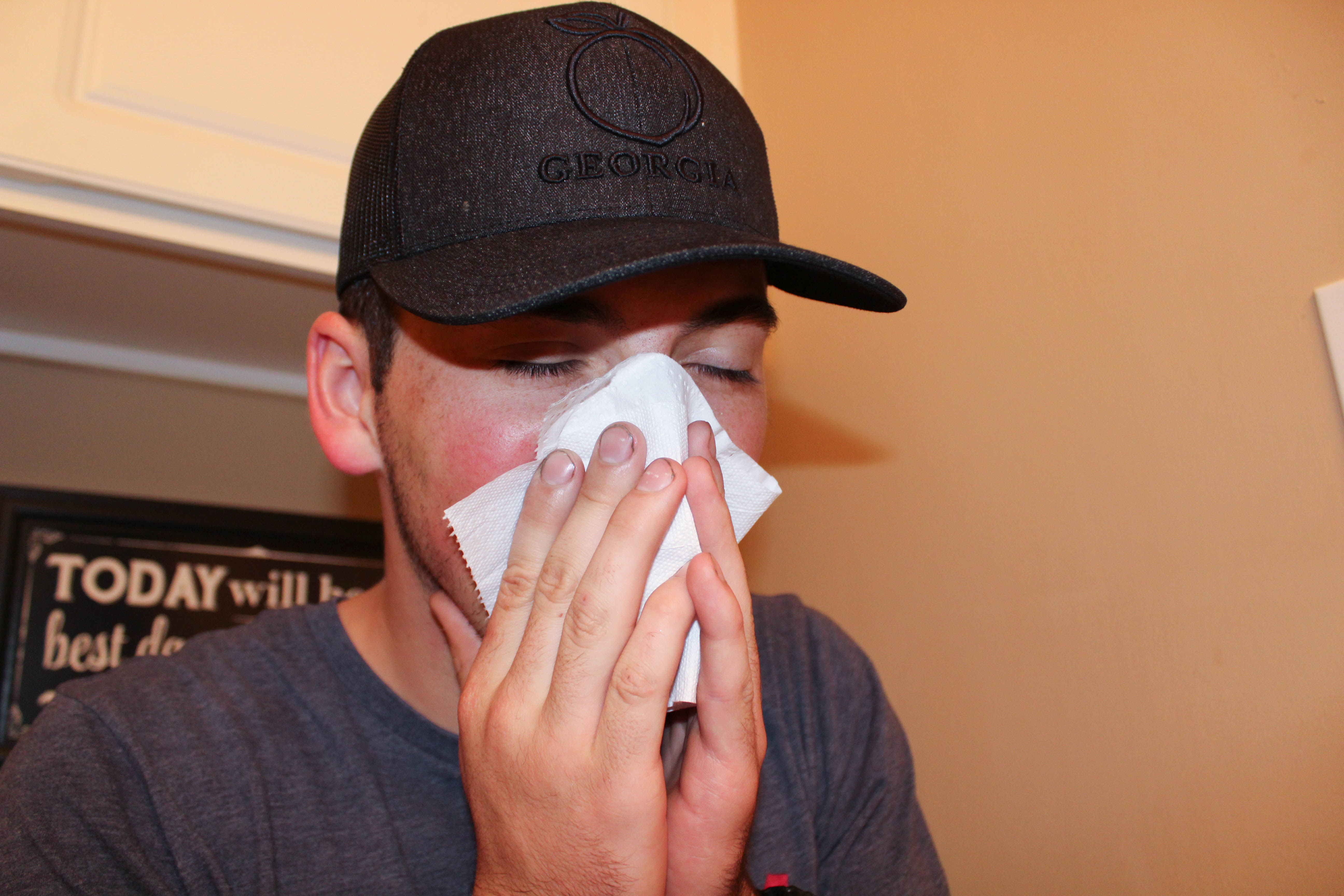The film industry has a severe diversity issue in writers’ rooms and needs to be acknowledged for potential change in the future.
There are countless reports of writers who are black, indigenous, people of color or other marginalized groups that say they are not given the proper treatment and respect when working within the writers’ room.
Constantly being ignored, isolated and discriminated against in their work environments has historically made them feel unwelcome, unsafe and invisible. Companies exclude and poorly treat BIPOC and marginalized people which propels the systematic issue of lost opportunities to write creative, authentic and important stories.
A report written by Think Tank for Inclusion and Equity informs that “after the initial step, writers encounter many additional barriers to gaining positions of power and making their voices heard.”
These barriers come from the fact that historically marginalized people are more likely to do unpaid work than those who are non-marginalized. Working with a company or studio as an unpaid worker heavily diminishes and takes advantage of their talents as well as shut out writers with low-income backgrounds. This would leave white men and women more likely to be promoted from being an assistant writer to a professional TV writer than BIPOC men and women. Even when BIPOC writers manage to be paid for a development deal they are told that they are not qualified to run their own show despite acquiring all the necessary skills.
According to Dino-Ray Ramos’ article from Deadline, 68.5% of underrepresented writers have had experiences where they face discrimination, bullying, microaggressions and harassment while at work. Instances like this lead to writers being afraid to speak up about these problems because they fear being fired, characters being turned into harmful stereotypes to make them more appealing, and the overall erasure of history to make room for false rewritings. This ultimately creates a work environment that is unwelcoming, toxic, and potentially abusive for BIPOC and other marginalized groups.
Although being a historically excluded writer in the film industry can be daunting, there are also ways for the process to be adequate. Since the pandemic, many writers have been utilizing Zoom and for marginalized people, it is a way to cope with the incidents of microaggressions and discrimination. With Zoom, being a tv writer is more accessible and less expensive since living in LA is not necessarily a requirement.
As Alex Nicole says in her article for Scene But Not Heard, “when only a certain type of person is allowed to tell stories about certain types of people, it sends the message that only certain stories matter and only certain people matter.” BIPOC and those who are part of their marginalized groups deserve to have a voice, vision and space to have their stories heard and taken seriously. Without diversity in the writers’ room, stories will continue to misrepresent communities, use harmful stereotypes and stay within a one dimensional box when it comes to storytelling.


